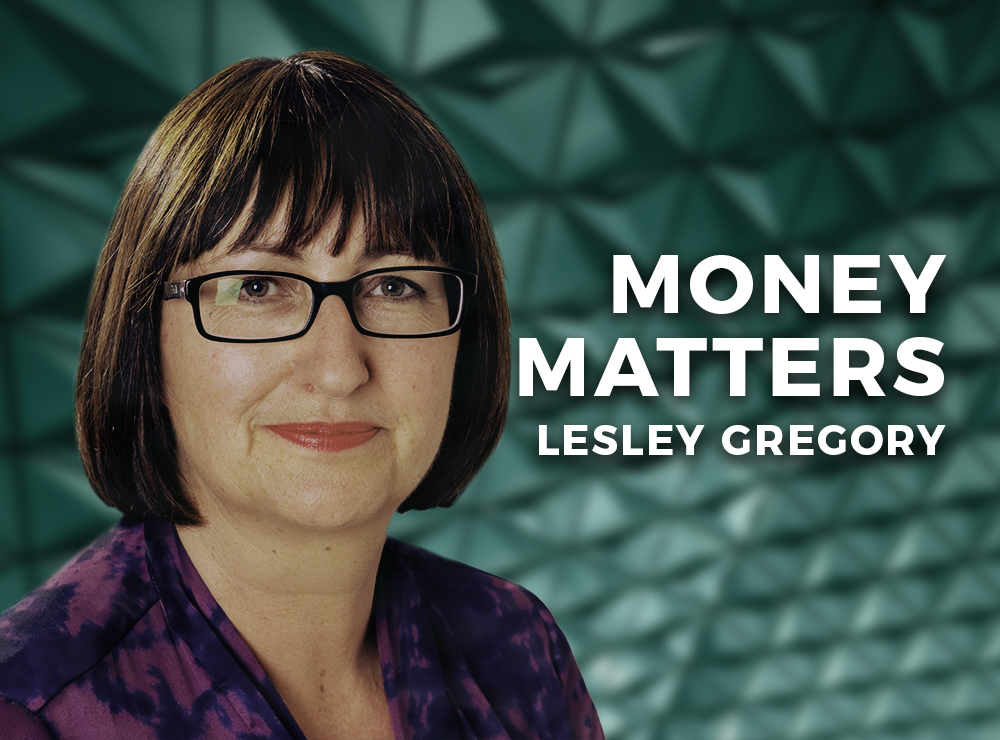
By LESLEY GREGORY
Good news. You can afford the top-of-the-range sedan you’ve had your eye on. You have enough in savings to take that tour of China’s Tea Road next year. And if the bank says there’s no hurdle to taking out a bigger mortgage, who are you to argue?
Now the reality check. All those things may well be correct when you look at “sticker price” of the item in front of you, given your income and your savings. But there’s another cost you almost certainly won’t have factored in.
That’s the opportunity cost that comes with spending your money on the BMW rather than on the Ford, or on an overseas trip rather than on a domestic driving holiday. In other words, when you choose the higher cost good or service, you’re giving up the opportunity to save or invest that money elsewhere.
Of course, in pointing this out, there is no need to wear a hair shirt either – life is meant to be enjoyed after all – but in making big financial outlays it does pay to consider the trade-offs so that you’re making an informed decision.
Imagine you have an extra $USD15,000 to buy a “premium” car rather than a more modest family vehicle. Your full budget is $USD37,000. This buys you a Mercedes A-class (yes, it’s the fuel efficiency, not the high-tech entertainment pack, that caught your eye). Or you could spend $USD22,000 instead on a Ford Focus. (It’s a fair comparison – both the Ford and the Mercedes appear in best-family-car lists.)
Now consider this: If you buy the Merc, you’ll drive out of the dealer’s yard with a depreciating asset that’s likely to lose 20 per cent in value in the first year, and around 10 per cent a year after that. After five years it will have lost nearly half its value. Eventually it will be worth nothing.
If you buy the Ford, it will also lose value over time but you’ll have a spare $USD15,000 you can now save or invest. If you achieve a 5 per cent return on that money, compounding year on year as you re-invest the earnings, your capital will grow to $USD40,000 in 20 years. (Play with a compound interest calculator like this one to see the sort of impact compounding has.)
Similarly, choosing a smaller mortgage – buying “less” house or in a more affordable area – will have a huge impact over your lifetime, saving you significant amounts in interest and meaning you clear your mortgage in enough time to bump up savings and investment for other purposes, including travel.
A $USD300,000 mortgage, at 5 per cent over 25 years, will cost you $USD226,000 in interest over that period. A $USD250,000 mortgage will cost you $USD188,000 in total interest. That’s a “saving” of $USD38,000 that could work for you in other ways.
The lesson from all of this is that in making big financial purchases, you should factor in the opportunity cost of not going for the more modest option and investing the difference.
Of course, you might toss all this up and still decide that the trip to the Tea Road has another kind of “value” to you. If so, enjoy.
LESLEY GREGORY is a vastly experienced consumer and personal finance journalist. She writes regularly for TEBI on areas that aren’t directly related to investing. Here are some other recent articles of hers that you may have missed:
Why you might regret a genetic test
Investment scams to watch out for
Eight scams to guard yourself against
Eight questions to ask when renewing your phone contract
Ten tips for sorting your travel insurance










